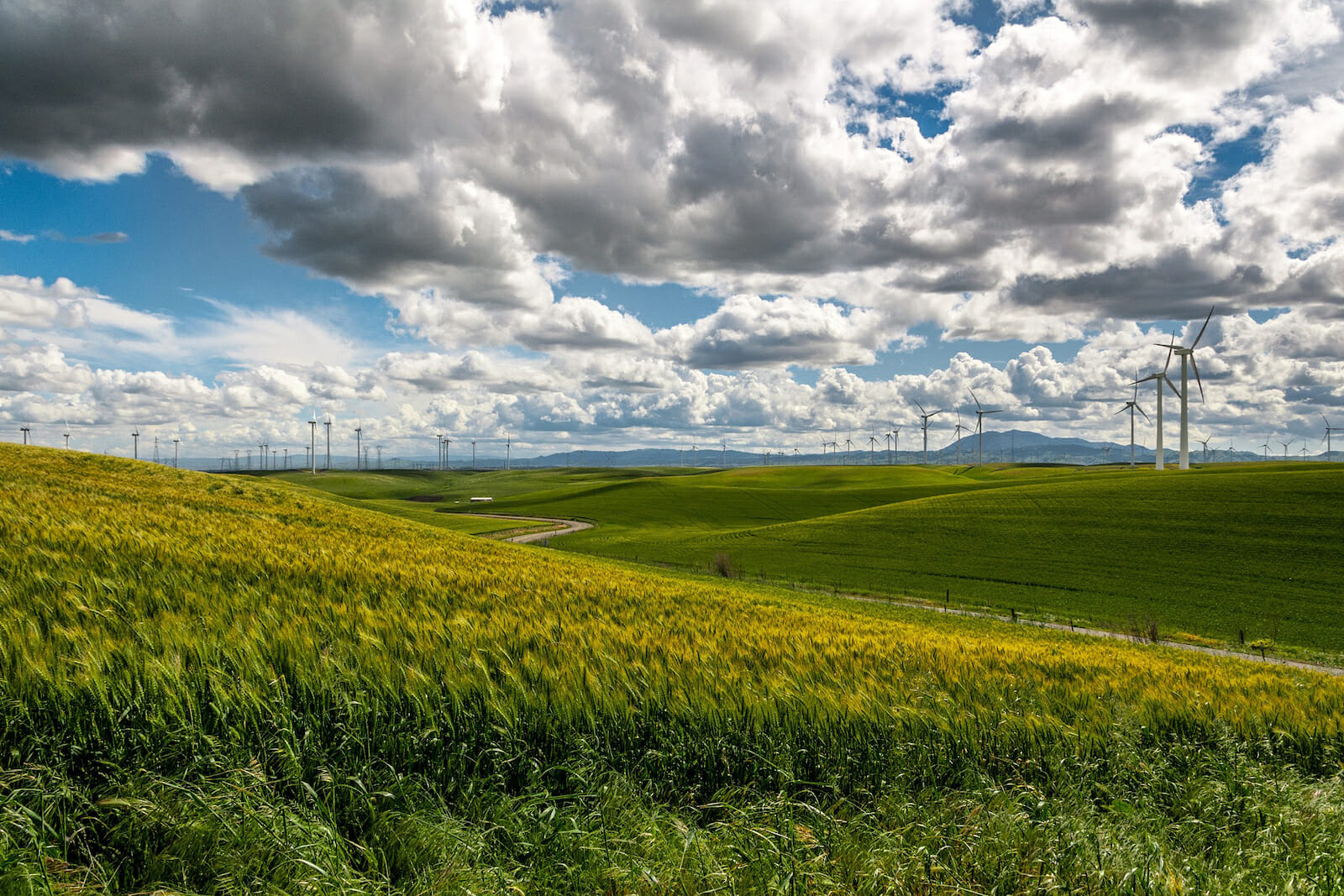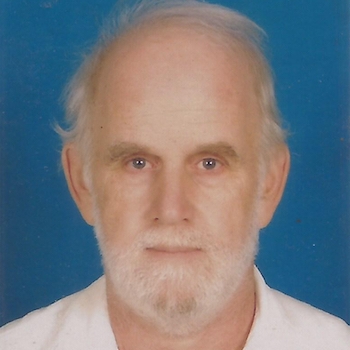
Tech
Wealth or Windmills
I am in the unusual circumstance where I feel I have to thank President Trump. Last week he took up one of his regular bugbears and made fun of windmills. Usually, he displays his misunderstanding of the technology by warning viewers they will miss the big game on TV if the wind fails to blow. That’s just a weak strike in support of the fossil fuel status quo. But this time he said something more revealing, something that really did strike to the heart of the issue. He put windmills, and presumably the whole idea of divestment from fossil fuels, in direct confrontation with his wealth.
“I feel that the United States has tremendous wealth. The wealth underneath its feet. I’m not gonna lose that wealth on dreams, on windmills, which frankly aren’t working too well.”
Trump, who called himself an environmentalist, addresses climate change: “I feel that the United States has tremendous wealth. The wealth underneath its feet. I’m not gonna lose that wealth on dreams, on windmills, which frankly aren’t working too well.” https://t.co/zQuh3XZTHq pic.twitter.com/vOMvt5RNLQ
— CBS News (@CBSNews) August 26, 2019
This is different from arguing that the modern alternatives to traditional fossil fuel power generation will be too expensive and that they aren’t needed as the availability of fossil fuel is secure. The retort says clearly that the issue for him is that it attacked his personal wealth. He would prefer to keep the U.S. focused on fossil fuel power generation rather than going through a potentially disruptive transition because that transition might cost him money.
That “potentially disruptive transition” is an interesting concept and one activists are failing to pitch to the American, or frankly, the global audience. What does this really mean? Are the lights going to suddenly turn off? Will there be fighting in the streets? Or will it be simply a slow possession on the nightly news describing the transition as it roles out? Of course, we don’t know but it would probably be best to bet that it will only be the later if each country and the global community as a whole, take measures to shape and control the role out.
Of course, that is exactly what is not happening. There are efforts to get things started. The Green New Deal is an example. The proponents are good people saying the right thing but their message is not being delivered. The precariousness of the political equation gets some news but the imminent danger for the developed world and the global community has not become a discussion point. Interestingly the idea is, nonetheless, penetrating the general consciousness. “Climate change” is a common expression and it slips into discussions of many types. But its true meaning is another question.
Even Hollywood has recognized the cultural opportunity and puts out films like Ice Age and The Day After Tomorrow in which rampant climate plays an iconic role such as alien invasion in earlier decades. As a culture, we are used to being titillated, humored and frightened by the movies. The way they exercise those emotions is part of their function. What isn’t part of their role is to teach us a lesson or point us in a new direction. Movies are fiction and that’s that.
So we have received the message but we haven’t realized its import because the politicians can’t translate it into “politicalese” and the artists or film-makers define their success by viewers, not believers. It’s as if the problem of climate change wasn’t the heating up of the planet to make it unlivable but our cultural, academic, administrative bodies fail to see what is right in front of our eyes. That’s why I say Trump’s flat out, direct, enunciation of the problem is a boon, not a disservice.
He is the president of the most powerful country in the world and is expressing his fear of climate change as a risk to his wealth. That seems a defining statement of two things. Firstly, his oligarchical world view: It’s all about the money. And secondly his transactional limitation: It’s only about my advantage. This exposes and makes clear the two things that need to be addressed to fix climate change: It’s not about the money. This really is about everyone’s future; and it’s not just you, the individual: Every man, woman, child, wildebeest, raccoon, and gnat are at stake. If his repellent words can help us see the big picture then he will have finally done something of profound importance.

